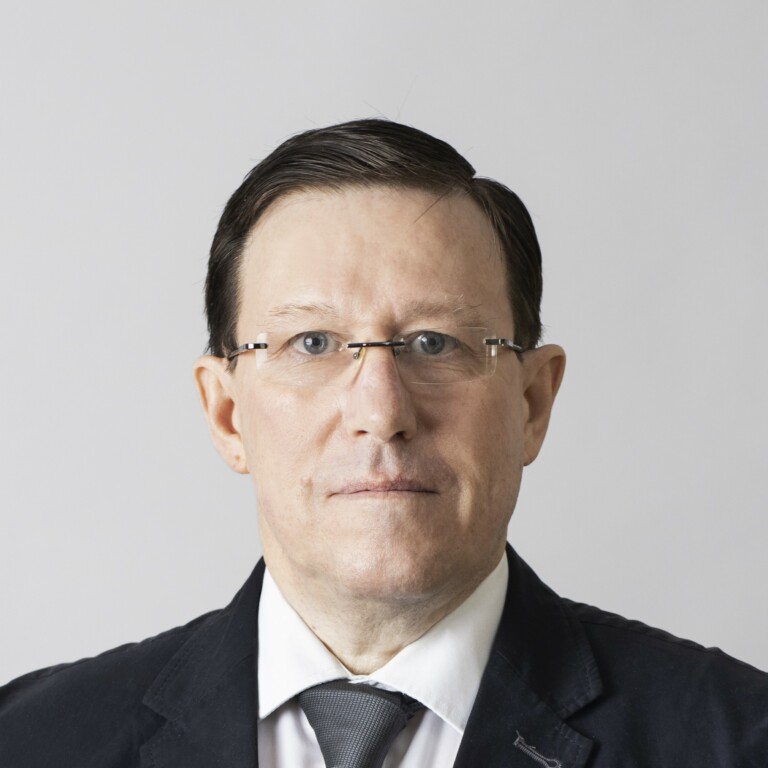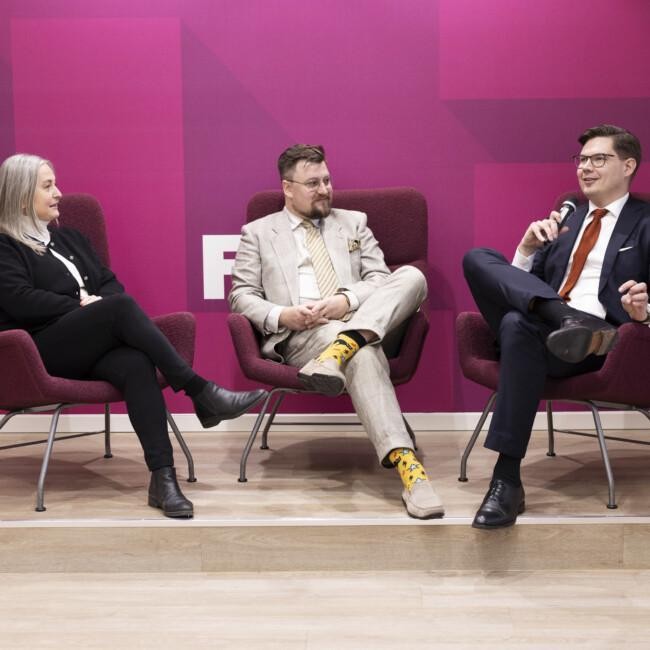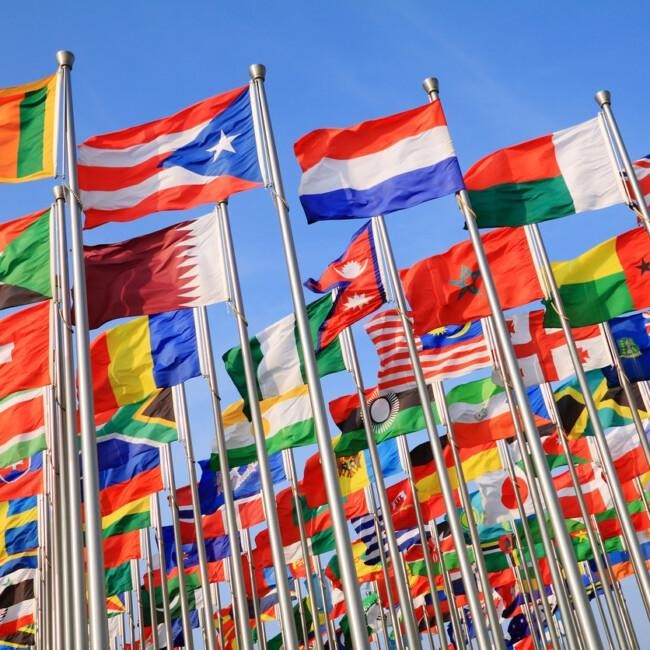

Arkady Moshes
Programme Director- West-Russia relations
- internal and foreign policy of Ukraine and Belarus
Arkady Moshes is Programme Director for the Russia, EU’s Eastern Neighbourhood and Eurasia research programme. He is also a member of the Programme on New Approaches to Research and Security in Eurasia (PONARS Eurasia) at George Washington University. Moshes’ areas of expertise include Russian foreign policy, European-Russian relations as well as internal and foreign policy of Ukraine and Belarus. He received his Ph.D in history of international relations from the Russian Academy of Sciences (1992).
Before moving to Finland in 2002, Moshes had been working in the Institute of Europe in Moscow since 1988. From 2008 to 2015 he was an Associate Fellow of the Russia and Eurasia Program at Chatham House. From 2017 to 2022 he was a member of EU-Russia Expert Network (EUREN). He has been a visiting scholar at the Danish Institute for International Studies (2002) and the Institute for European, Russian and Eurasian Studies at Elliott School of International Affairs, George Washington University (2016), a Public Policy Fellow at the Woodrow Wilson International Center for Scholars (2007) and a regular guest lecturer at the NATO Defence College (2005-10, 2013-15) and Geneva Center for Security Policy (1998-2022).
Moshes has authored a large number of academic and analytical publications and is a frequent media commentator.
He co-edited “A Slavic Triangle? Present and Future Relations Between Russia, Ukraine and Belarus” (Swedish National Defence College, 2002), “Russia as a Network State: What Works in Russia When State Institutions Do Not” (Palgrave Macmillan, 2011), “What has remained of the USSR: Exploring the erosion of the post-Soviet space” (FIIA, 2019) and “Russian Policy toward Belarus after 2020 At a Turning Point?” (Lexington Books, 2023) and contributed articles to, among others, Security Dialogue, International Affairs, Post-Soviet Affairs and Demokratizatsiya.
PhD, Institute of Europe, Russian Academy of Sciences, Moscow, 1992
Member of the Programme on New Approaches to Research and Security in Eurasia (PONARS Eurasia), currently at George Washington University, Washington DC
Member of the Editorial Board of Russian Politics and Law, M.E.Sharp, 2009 –
Academic Director of the Programme “Russia’s European Choice: With or Into the EU?”, FIIA, part of the “Russia in Flux” Programme, Academy of Finland (2004-2007)
1992 – Researcher at the Institute of Europe (Section of Military-Political Studies, European Policy Department)
1996 – Head, Section for European Security and Arms Control
Fall-winter 1998 – Visiting Researcher at the Finnish Institute of International Affairs
1999 – Head, Section for Security of the CEE and the Baltic Sea Region
2002, summer – Visiting Scholar at the Danish Institute of International Affairs
2002 – Programme Director, FIIA
2007, summer – Public Policy Fellow at the Woodrow Wilson International Center for Scholars, Washington
2008 – 2015 Associate Fellow, Russia and Eurasia Programme, Chatham House
2016 (March – April) Visiting Scholar, Institute for European, Russian and Eurasian Studies, Elliott School of International Relations, George Washington University, Washington D.C.
1998- Regular and occasional guest lecturer, Senior Courses, NATO Defence College (Rome), Royal Danish Defence College, International Training Course in Security Policy (ITC), Geneva Center for Security Policy, External Policy Training Seminar, DG RELEX (Brussels), Baltic Defence College (Tartu), Finnish and Swedish National Defence Colleges, Jena University, University of Helsinki, Turku University; University of Washington (Seattle), Davis Center for Russian Studies, Harvard University, Carlton University (Ottawa), University of York (Toronto), University of British Columbia (Vancouver), Danish Institute for International Studies, German Foreign Policy Society, German Association for East European Studies et al.


